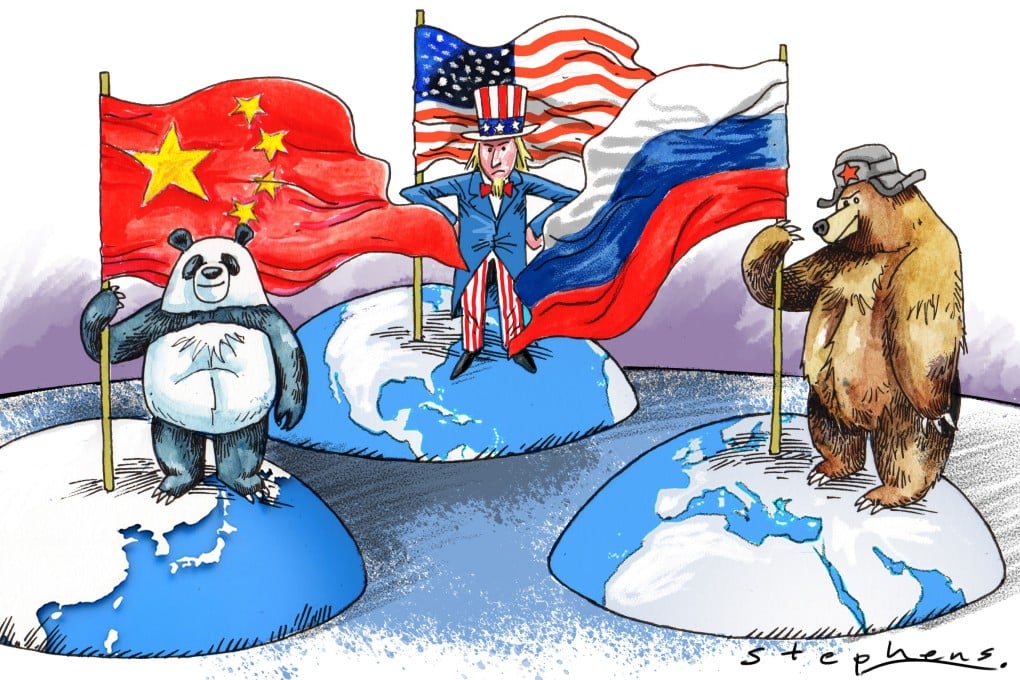Opinion | Russia and China are aligning their visions for a multipolar world, and eyeing new supporters
- As Putin and Xi reiterate their shared opposition to a US-led global order, Moscow is identifying other potential partners, including India and Saudi Arabia

As political and economic headwinds show little signs of abating, the world’s security is unlikely to stabilise in the mid-term. The Ukrainian crisis, a testimony to the ongoing erosion of the global order, could drag into winter as the prospects for peace talks have not yet crystallised.
Kyiv’s Western allies are seemingly doing little to encourage Ukraine to seek a more immediate resolution to the conflict. Сonversely, Washington is set to arm Ukraine for winter fighting with another US$275 million in weapons and equipment. It will add to the US$18.5 billion already pledged by the Biden administration.
At the same time, Putin described the conflict as an attempt by the West to secure its global domination by playing a “dangerous, bloody, and dirty geopolitical game”.
